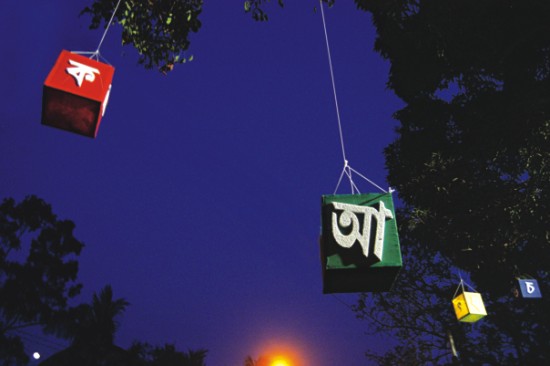

Ekushey - When it all began
Editor's Note
There is a certain resonance which comes with every observance of Ekushey. There are the tales of old we recall every time the season of remembrance comes around. And then there are the dreams we keep building upon the old sacrifices, telling ourselves and our children that on 21 February 1952, it was the cause that mattered. It mattered because it was a nation, proud of its cultural heritage, that was jolted into a new awareness of the struggles that lay ahead.
An assault on language is forever a questioning of the forces of history. Which is why the manifest and decidedly sinister attempt to undermine the Bengali language in the early years of the state of Pakistan was considered, for all the right reasons, a move by an entrenched class of politicians to cause a chasm to grow between the Bengalee and his legacy. And so grew the spontaneity of a movement, one which was determined to send the message home to the ruling classes of Pakistan that East Bengal was not to be taken for granted. If in 1948, Bengalees could let Pakistan's founder know that they did not share his view of the language issue, four years later they were ready to offer the supreme sacrifice of dying in defence of their language. When a few brave young men succumbed to the ferocity of the state on 21 February 1952, they only paved the road to a wider dimension of politics for the Bengalees. Suddenly the seeds of nationalism seemed to sprout; and the plant would down the years fortify the people of East Bengal in the battle for autonomy. Soon the battle would take the form and shape of a decisive war of national liberation. Between February 1952 and December 1971, the Bengalee nation would come of age.
Today, we talk of the beginning. We speak of an epic tale composed in blood fifty five Falguns ago.